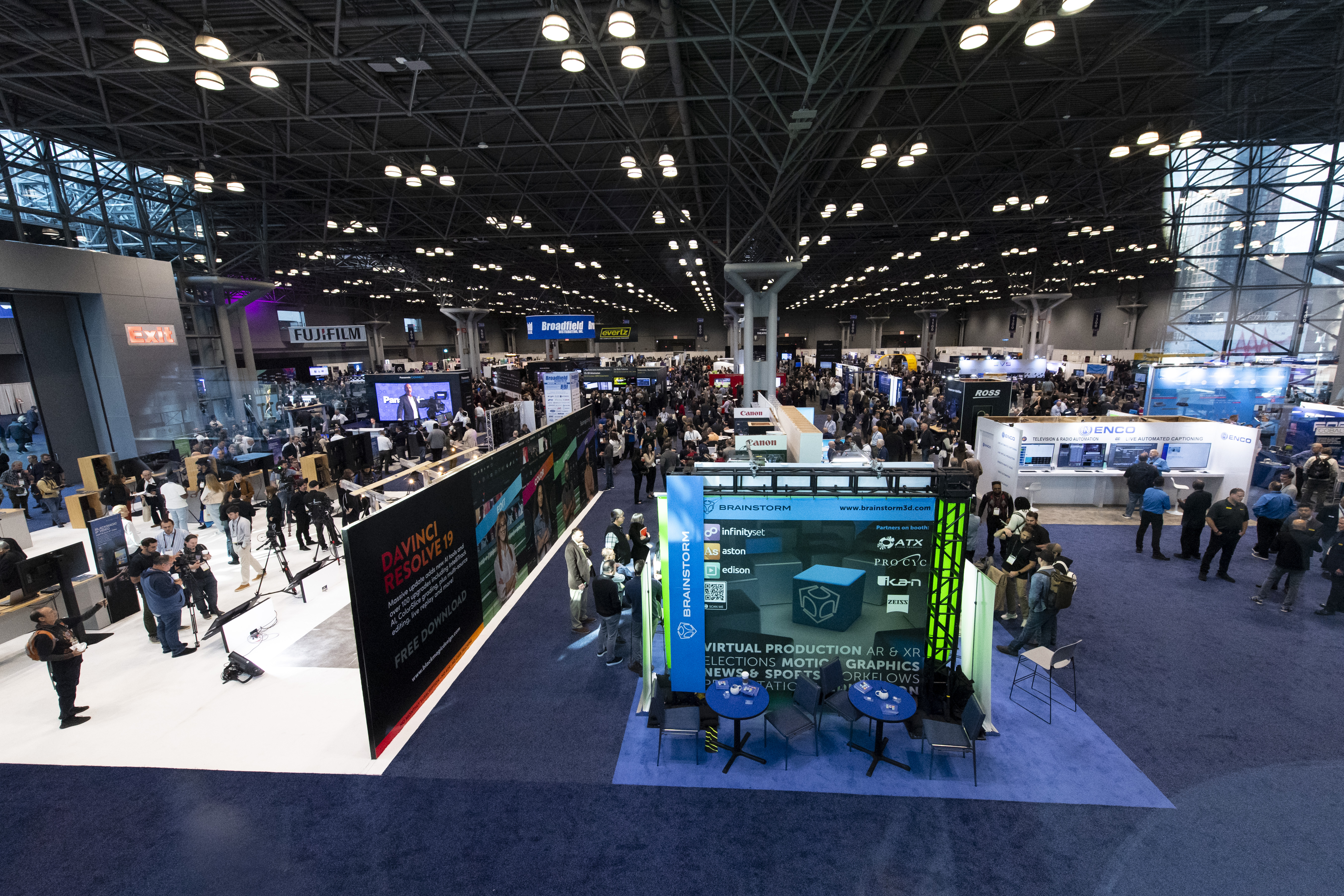TV Debates Ensue on Hill
Retrans, a la carte and ownership weighed
WASHINGTON:
TV is all the rage on Capitol Hill, despite a greater amount of ink devoted to Medicaid, lobbying tactics and domestic surveillance. The FCC’s revised report on a la carte cable channel pricing renewed Sen. John McCain’s (R-Ariz.) intention to legislate cable rates. Retransmission consent is under scrutiny in the Senate Commerce Committee. The battle over media ownership rules is coming back to life as the FCC finally gets a full contingent of commissioners. A typo in the budget bill containing the 2009 analog TV deadline sparked calls for an ethics investigation, and if that weren’t enough, House leaders are promising a new telecom bill before the NAB convention.
“We expect to be marking up a bill in subcommittee in March,” and through the full Commerce committee by Easter, said Fred Upton (R-Mich.) chairman of the House Internet subcommittee.
Upton laid out the timeline at a Washington function where he also called for the FCC to expedite a media ownership ruling. He came out against the cross-ownership rule that prohibits a TV station from owning a newspaper in the same market, for which Scripps, Tribune, Media General and Gannett have fought. Upton also opposed the local radio ownership cap, but said nothing about a similar restriction on local TV station ownership that has Sinclair, LIN TV and Pappas in limbo.
Media ownership rules have been thrown out by two courts in five years, leaving Wall Street ever more disenchanted with the sector. Affected companies want the matter settled, and David Rehr, the new NAB chief, wasted no time getting down to it. Rehr fired off a four-page letter to FCC Chairman Kevin Martin arguing against cross-ownership and the local TV cap.
Martin has talked about doing individual ownership rulings, but not without a full commission. The FCC’s been firing on fewer than five commissioners since Martin took over nearly a year ago. Robert McDowell, who would be the fifth, was awaiting confirmation at press time.
Even without a set of five, Martin managed to shake things up in the video world with a revised report on a la carte cable channel pricing. At his behest, the FCC Media Bureau reinterpreted a 2004 study that concluded a la carte pricing would be more expensive than the tiers or channel packages currently offered by cable. The revised report, released in February, said individually priced cable channels would be 3 to 13 percent cheaper.
70/70 TEST
To make matters worse for the cable lobby, the report came in the midst of the telcoTV press to circumvent local franchising, and the annual FCC video competition report that raised questions about the “70/70 test.” That’s when cable systems with 36 or more channels are available to 70 percent of U.S. households, and 70 percent of those households subscribe to them. At that point, communications law instructs the FCC to “promulgate any additional rules necessary to promote diversity of information sources.” The FCC opened 70/70 up to public comment.
The National Cable and Telecommunications Association, in its response to the a la carte report, also lobbed a round at 70/70, saying individual channel pricing would kill startup networks, many of which serve minorities.
Sen. Ted Stevens, (R-Alaska), chairman of the Senate Commerce Committee, issued a measured response to the general shelling between the FCC and the cable lobby.
“If a la carte is not more expensive for consumers, I will support an effort to take such an approach,” he said, “subject to discussions with providers on the downside of such a process.”
The broadcast lobby has remained mum on the subject of a la carte and what it might mean to must-carry and retransmission. The NAB instead put its energy into refuting a study asserting broadcasters ought to pay cable operators for carriage.
In a letter to lawmakers, Rehr said the study was “so riddled with flaws that it has no place in any meaningful discussion about the retransmission consent marketplace.”
Rehr, who took over the presidency of the NAB two months ago, will oversee his first NAB convention this year in April in Las Vegas. Unlike years past, the chief broadcast lobbyist may not get a lot of face time with politicians at the event.
Upton was one of seven members of Congress who showed last for the traditional Congressional Breakfast. He said it would be unlikely for members to show up this year because of the uproar surrounding lobby swag. The NAB typically pays travel and lodging for panelists, but lawmakers are under the gun for accepting gifts from lobbyists. Upton said he took flak from some of his home-state media outlets for going to the Detroit Auto Show—in his own car. He said he had no plans to fly to Las Vegas on his own dime.
Last year, Upton preceded his Vegas trip with a bill to raise broadcast indecency fines from $32,500 to $500,000 per violation. It passed Congress 389 to 38, and the Senate passed a similar bill 99 to 1, but reconciliation of the two got stuck in the Senate Commerce Committee.
That committee is chewing on several other TV items, including retransmission consent. Led by EchoStar and the American Cable Association, multichannel video providers are attacking retrans, saying broadcasters use it to strong-arm carriage for marginal cable networks. Stevens expressed concern for the situation, but a hearing on the issue was usurped by the swearing-in of Supreme Court Justice Samuel Alito. Meanwhile, more broadcasters, such as Nexstar and Sinclair are moving away from retrans bundling in favor of cash deals, and CBS sans Viacom is preparing to do the same.
The professional video industry's #1 source for news, trends and product and tech information. Sign up below.
